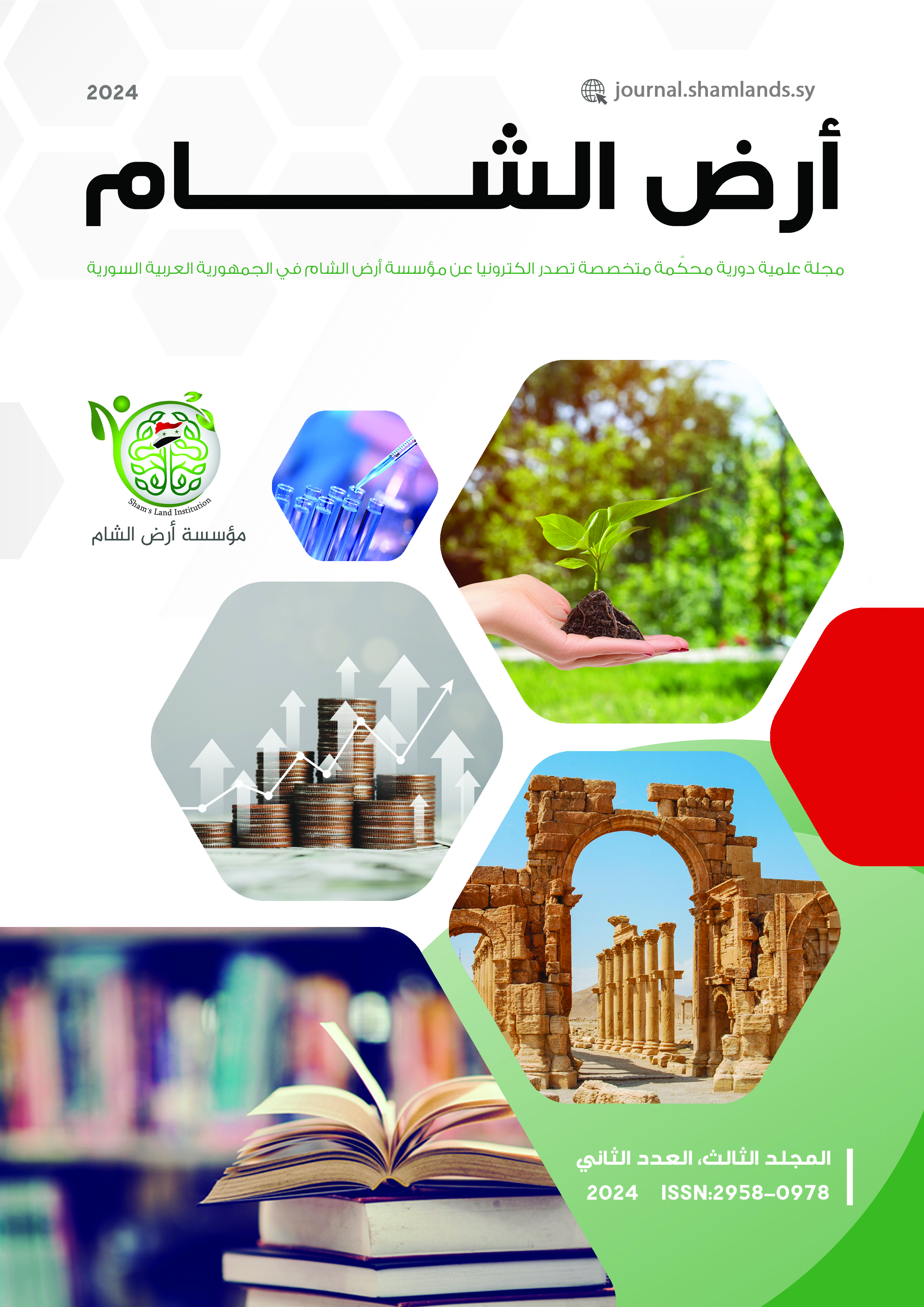Abstract
"Akhlaq-i Muhsini" is a valuable work authored by Mullah Hussain Wa'ez Kashifi Sabzawari during the 9th and 10th centuries AH. The book, with its deep and instructive purpose, focuses on imparting moral principles and providing guidance, particularly to rulers. Kashifi explicitly states in the introduction that his target audience is kings and their aides, aiming to offer practical advice for building a just state free from oppression. This study examines the types of injustice presented in "Akhlaq-i Muhsini," methods to resist it, and the role of officials and those close to the ruler in combating oppression. Additionally, it highlights the severe consequences of injustice and warns against it. The article adopts a descriptive-analytical approach, referencing Quranic verses on injustice and justice, as well as stories from "Akhlaq-i Muhsini" that relate to the article’s theme. The findings indicate that justice holds a prominent place among the moral virtues discussed in the book, playing a crucial role in resisting oppression and protecting the oppressed.

